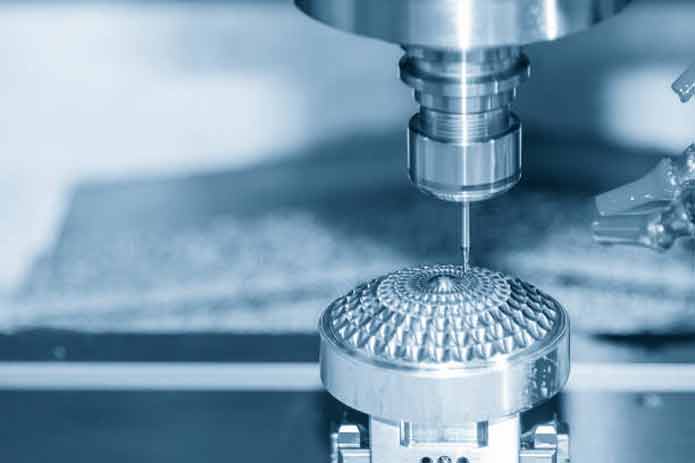There are several reasons why you might want to use custom end mills for your manufacturing process. Variable helix, cost, and versatility are just a few. You should also consider the helix angle, as this determines how much shearing action you’ll get during the cutting process.
Variable helix

The variable helix design is an alteration to the standard end mill geometry. This design produces variable spacing of the cutting edge between contact with the workpiece and increases tool life by reducing harmonics and chatter. It also offers superior results and is more cost effective than traditional tools.
Variable helix carbide end mills are ideal for machining a variety of metals, including steel. They feature variable helix geometry that minimizes chatter and increases feed rates and finishes.
Coating options
Before you order custom end mills, you should understand the types of coatings available. Some are specifically applied for certain types of materials, and others are more suitable for high-temperature machining. For high-temperature cuts, Titanium Aluminum Nitride (TiN) coatings are the best option, as they offer excellent heat resistance and the durability to run at higher speeds. Another option is Titanium Carbonitride, which is twice as hard as TiN. Those using non-conductive materials should opt for the aluminum chromium nitride coating.
For non-ferrous applications, GWS offers custom brazed ceramic to carbide end mills and 5-7FL coated carbide end mills. These mills are available with titanium edge preps and material-specific geometry. Another growing market for non-ferrous applications is PCD tooling. High-performance PCD end mills can be ordered in eight-facet or monoblock design for cutting aluminum and aerospace composites.
Versatility
If you are looking for a more flexible, specialized tool, custom end mills are the answer. They can be designed around your specific material and provide the most effective operations. They are also ideal for general metalworking operations. In fact, they can perform a multitude of tasks. Here are some examples of their versatility.
Ball nose end mills are designed for a variety of applications and are typically made with a diamond-impregnated grinding wheel. They come in different configurations, but the standard formula is a mix of tungsten carbide and 10% cobalt. Cobalt helps to improve the hardness of the end mills and is also used as a binder. The grain size of the tungsten and cobalt particles also has a major impact on their performance. A 10% micro-grain carbide grade will work well in most applications.
Cost
End mills are a versatile tool that are suitable for a variety of materials. They produce a fine surface finish and are used in many processes, including milling, drilling, reaming, and profiling. The type of end mill to choose depends on your material, geometry, and edge preparation.
Summary:
Some companies specialize in custom-made end mills. For example, GWS offers brazed ceramic-to-carbide end mills, as well as 5-7FL-coated carbide end mills. They also offer titanium end mills with material-specific geometry and edge preps. Custom-made end mills for non-ferrous materials are also available. PCD-tooling is the hottest growth area in non-ferrous applications. These types of mills are available in a variety of forms, including brazed PCD inserts, eight-facet PCD drills, and more.











 How to Choose the Right SEO Agency
How to Choose the Right SEO Agency